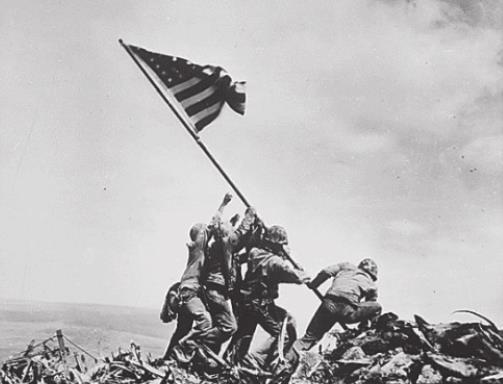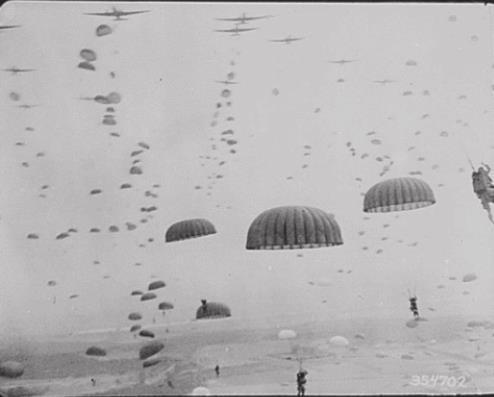Dripping Life
Daylight savings? Don't get me started!
But, as we approach another Veteran’s Day (Thursday, November 11th), for some reason, I’ve been thinking about my parent’s generation, the parents of friends, the veterans who attended our church and the veterans from World War II I’ve met as an adult.
I’m far from a World War II scholar, but after my mother married a World War II veteran, I read several books about that generation. I also had my mom’s and dad’s stories to remember. Without a doubt, those serving were in a fight for the life or death of our democracy, not to mention the fight for their own lives on land, sea and in the air.
So, it was 1941. Young people in this country were beginning a new decade. Some were in college. A few were playing college football when Pearl Harbor was attacked. At The University of Texas, the entire team went downtown and enlisted, a ritual that occurred across the country at other colleges.
Some were just married. Others were settling into their first jobs when the patriot call came. Imagine, dropping every priority, forgetting (for the moment) dreams and goals and going into a fight for their country
The home front was no picnic by any means. Imagine not making a road trip because you lacked enough gasoline rationing stamps. Much of America’s fabric supply was rerouted from fashion houses to uniform manufacturers. Silk for women’s lingerie and stockings went into parachutes, and women wanting the appearance stockings with seams drew a line down the backs of their legs with a black Maybelline eyebrow pencil. (Maybelline began its life as a cosmetic’s company in the 1920s.)
There were also rationing programs during the war for tires, cars, bikes, fuel oil, stoves, rubber footwear, shoes, sugar, coffee, processed foods, meats, canned fish, cheese, canned milk and typewriters… and no one dared complain because these items were needed for our troops and the war effort.
There were also campaigns at home, asking people to buy war bonds to finance the war and kids and communities staged collections for scrap metals, tins and aluminum to be recycled into jeeps and tanks.
Scrap collections, however, weren’t limited to metals. Scrap collecting centers across the U.S. encouraged Americans to contribute scrap materials, such as old rubber to make tires, clothing to make cleaning rags, nylon and silk stockings to recycle into parachutes, leftover cooking fat to make explosives and iron to make steel and other products.
Along with many jobs in manufacturing, commerce and other businesses, women replaced men in sports leagues, orchestras and community institutions. During the war, Americans grew 60 percent of the produce they consumed in “Victory Gardens.” Put briefly, the entire nation went to war. It wasn't the war to end all wars. There were more to follow, but it was the last time our entire nation contributed to and sacrificed for the war effort.
Then, in 1945, the war was over. Our soldiers came home and American priorities changed again. It had been five years.
Now, our boys needed jobs. Many headed back to the classroom -- this time with the help of the G.I. Bill. Some were married. Others married soon after their return. Homes were purchased, careers were pursued and families were started.
That last task marked the beginning of the Greatest Generation’s (GG) “secret burden.”
Because many of the GG’s plans for the future were interrupted or decimated by the war and many returned from battle to begin their lives again -- from square one -- society’s pressures on these men and women dictated their children (The Boomers) must be, had to be much more ambitious, hard-working and successful than their parents.
Nobody talked about this “pressure to succeed” members of the GG shouldered and there were precious few tools Boomers could use to pave their way to success, but Boomers only need to look back on their childhoods -- where going to college was the unspoken goal, a foregone conclusion for every Boomer, whether they were college material or not. Why? Because it was a given -- a college education was a “must” for success.
Now, thankfully, the “college is a must for success” myth is slowly dissipating into the ethers. Educators and nextgeneration parents are realizing our economy also requires skilled tradesmen and women, retailers, cooks, nurses, brick layers and lawn maintenance experts in the mix with college deans and professors. We're also learning that a community college education provides many of our children and grandchildren with the same chance for success as a university degree.
Today, a large percentage of our Greatest Generation have passed on. However, the Boomer generation may want to take a moment to be grateful to our GG parents and how they silently carried the burden of society’s expectations for the next generation's success.
I hope our Boomer Generation haven’t let them down!




